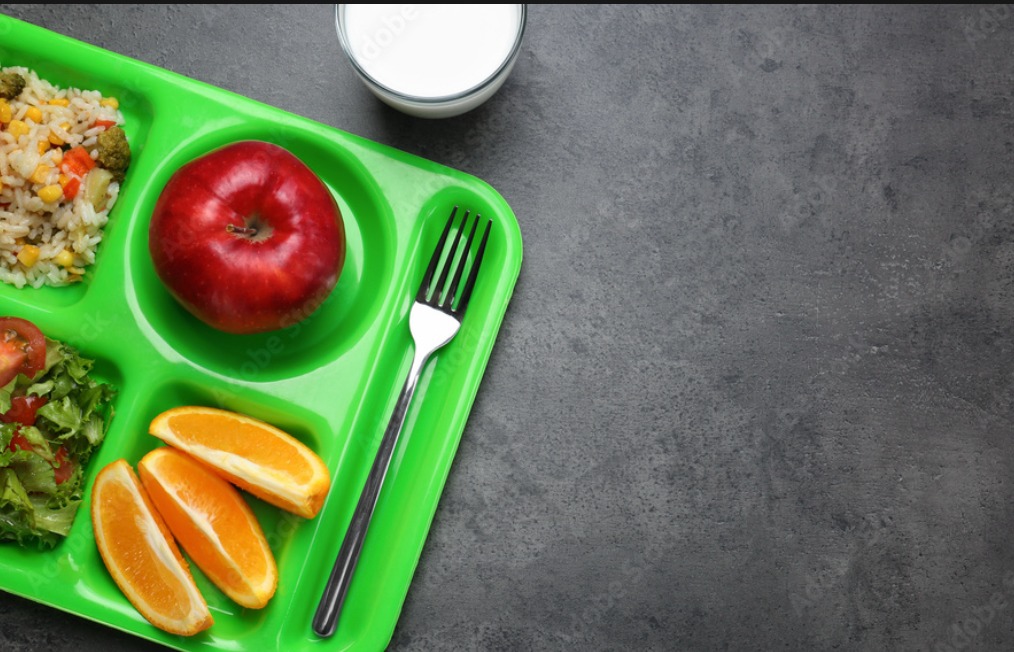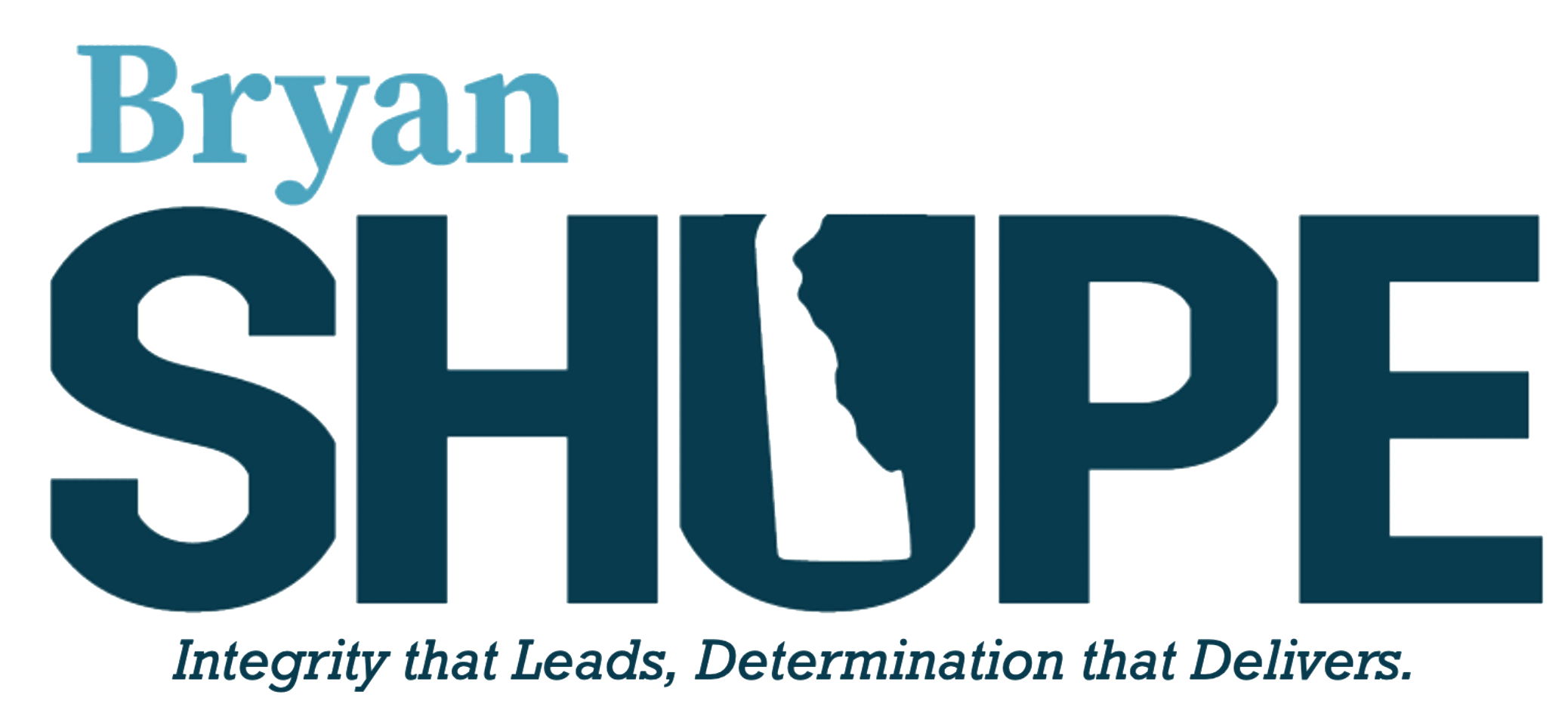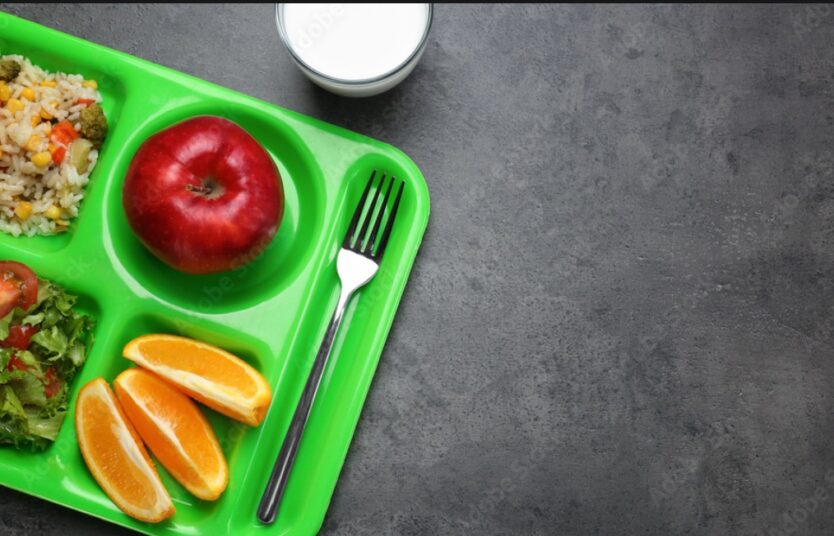How some thoughtful dialogue can reduce free lunch legislation fiscal note from $31 million to under $253,000 per year.
Recently, legislation was proposed in the State House of Representatives to mandate free school lunch to all students in public schools across the state of Delaware. That sounds like a worthy cause and who could be against feeding children, right?
What caught my attention was the fiscal note of $31 million per year even after noticing that the price tag accounted for the fact that 127 out of our 250 public schools already offer free lunches to all students. In addition, the schools that do not offer free lunches to all students, do offer free lunches to families under the federal poverty level.
So although this soundbite sounds great and is a worthy cause for our students, what the bill is really funding is schools that do not offer free lunch and whose families are above the federal poverty level. That includes children whose families make six figures and above who will receive free breakfast and lunch paid for by taxpayers, many of them struggling themselves.

Instead of focusing on the soundbite of free lunch for all, lawmakers should address the challenge and come up with a solution that commits to the need without funding unnecessary expenses. One suggestion, fund free breakfast and lunch for students that currently receive reduced lunch prices. These are the families that are above the federal poverty level but are still struggling to make ends meet. According to the federal income levels, this would help families of three that make less than $50,000 per year and a family of four that make less than $55,500 a year.
Under this suggestion, the fiscal note drastically drops from $31,000,000 per year to a fiscal note of $253,000 per year! This program would help families that are currently paying a reduced lunch bill at the public schools they attend while keeping out families that have much larger incomes. Again remember, 127 of our schools already offer free breakfast and lunch for everyone, and families under the federal income level already receive free breakfast and lunch.
The final income levels can be debated in Legislative Hall on where we believe taxpayers should contribute if they should at all. But let’s not start with an unrealistic fiscal note of $31 million per year that includes paying for lunches among families making over six figures. This at a time when inflation continues to climb and families struggle to place food on their own dining room tables.


